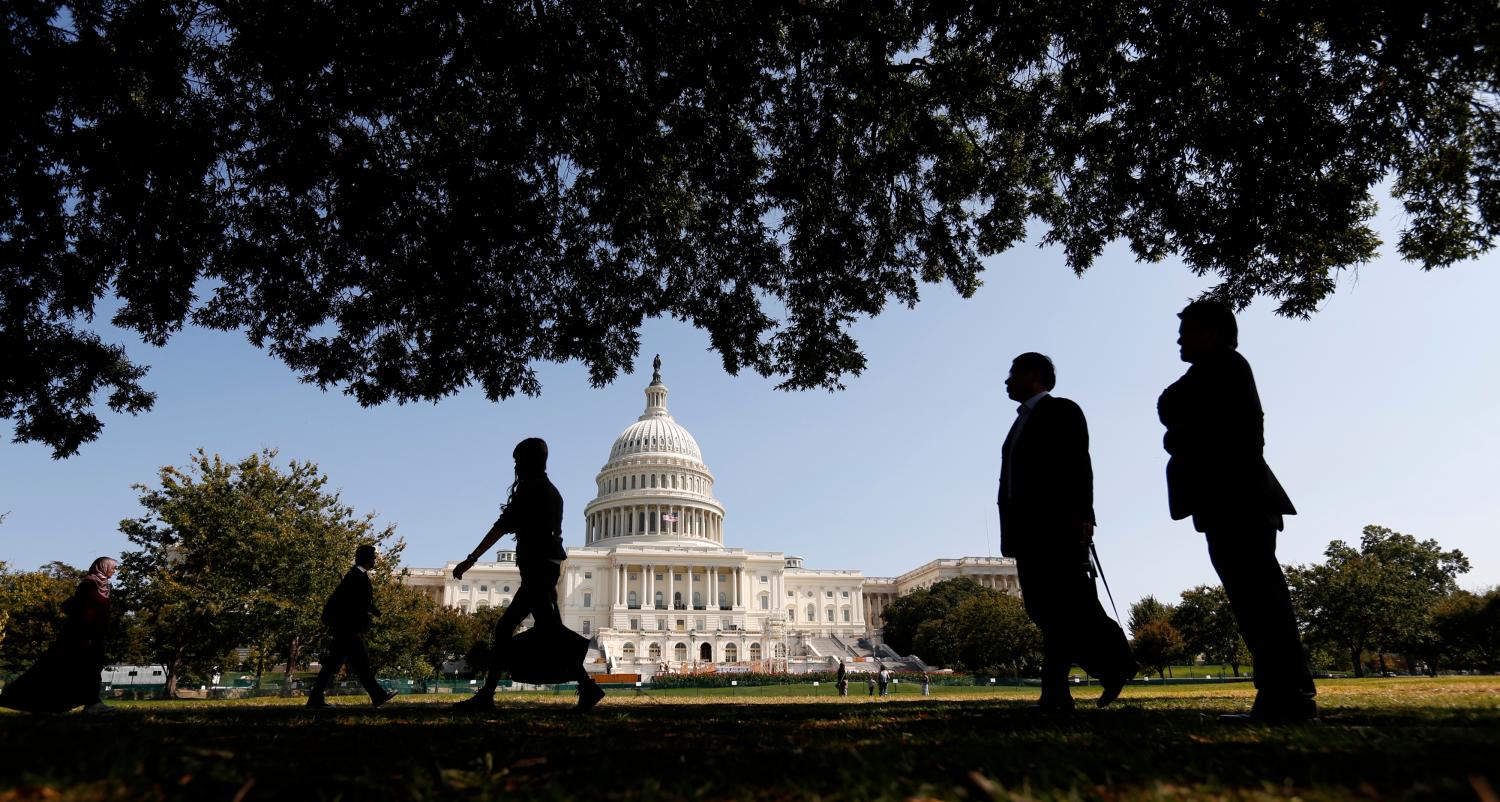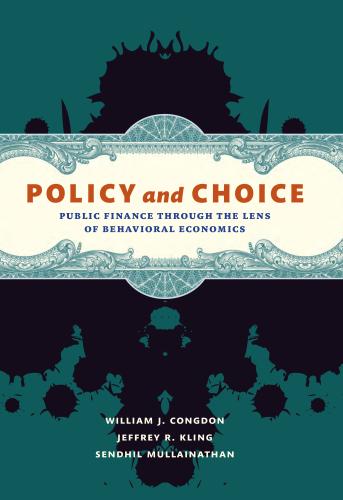What are the economic justifications for government intervention in the economy? In a market economy, prices coordinate the activities of buyers and sellers and convey information about the strength of consumer demand for a good and the costs of supplying it. Because trade is voluntary, buyers and sellers only make exchanges when both parties benefit. Under ideal market conditions, this process leads to an efficient allocation of goods without government intervention.
However, economics has long recognized instances in which markets can fail to lead to an efficient outcome. The long-standing view is that either market power or the nonexistence of markets causes market failures. Market power is present when some individuals or firms are price makers (for example, monopolists) rather than participants in a perfectly competitive environment. Such situations typically lead to the production of a less than efficient quantity of goods. The problem of market power is the purview of industrial organization economics and antitrust policy.
The nonexistence of markets, or the failure of a robust market to arise, can occur for a number of reasons, such as asymmetric information (when one party in a transaction has information that is not available to another) and public goods (when a good is nonrival and nonexcludable in consumption and thus likely to be undersupplied by the market). Another cause for the nonexistence of markets is externalities, which occur when transactions impose costs or benefits on a third party that are not considered in the market exchange. A classic example is when a factory produces and sells a good to a consumer to their mutual advantage, but the pollution generated by the production of the good has a negative impact on the health of nearby residents. A market for the clean air in the affected area would not emerge if high transaction costs of organizing the pollution victims prevented the parties from negotiating. The market system will fail to internalize the health costs imposed by the factory’s operations and lead to inefficiently high production and health consequences.
For about a century, economists have argued that policymakers should rely, when possible, on market-based principles in designing regulations to address these market failures. For example, in the pollution cases above, a tax on production equal to the marginal external costs could lead producers to internalize the thirdparty costs stemming from production, which would result in an efficient outcome. Similarly, establishing a property right for the clean air (for example, through a cap-and-trade program) could also cause producers to internalize the third-party costs in their market decisions, again resulting in an efficient outcome.
But in recent years, economics has seen a change from the traditional approach of evaluating market failures and in the justifications for government intervention in the economy, with implications for when and how the government should intervene. Recent research has focused on identifying cognitive limitations and psychological biases that lead people to make choices that cause self-harm, thus suggesting another type of market failure that justifies government intervention. We refer to these phenomena as behavioral failures in that they often involve departures from the individual rationality assumptions incorporated in economists’ models of consumer choice.
William Congdon, Jeffrey Kling, and Sendhil Mullainathan classify deviations from standard economic assumptions found in psychology and behavioral economics into three categories: imperfect optimization, bounded self-control, and nonstandard preferences. Imperfect optimization challenges the traditional economics view that people are good at making decisions concerning their own well-being. For example, one study suggests that people are less likely to participate in their employer’s retirement plan as the number of investment alternatives rises, thus suggesting that a government policy of limiting options could improve welfare. Another study finds that the salience of a sales tax (which differs depending on whether the tax is included in the sticker price or computed at the register) influences the behavior of consumers, even though the net price the consumer pays is the same in both cases.
Bounded self-control challenges the traditional economics view that, even when people know what they want, they are unable to act on these interests. These bounded self-control findings include evidence of procrastination and succumbing to immediate temptation, both of which can result in self-harm. The nonstandard preferences phenomenon challenges some of the standard economic assumptions about choice, such as that people value the end state rather than the path taken to achieve an outcome. For example, psychology and behavioral economics find that people value a good differently depending on whether they were randomly endowed with the good, and also that people do not value losses and comparable gains symmetrically.
Reasonable critiques of the behavioral economics findings abound. For example, many of the findings of deviation from rational behavior take place in laboratory or field experiment settings. Nobel laureate economist Gary Becker is critical of the relevance of this practice, noting that “there is a heck of a difference between demonstrating something in a laboratory, in experiments, even highly sophisticated experiments, and showing that they are important in the marketplace.” Becker also points out that “some of the defects in behavior claimed by behaviorists tend . . . to be eliminated in an exchange economy.” Indeed, one study of the market for sports memorabilia finds that the market experience of card traders leads to the elimination of the endowment effect. Further, some of the findings suggesting irrationality are questioned among psychologists. One study concluded that the “conjunction fallacy” found in some psychological studies is due to the wording used in the experiments (such as using “probable” instead of “relative frequencies”) and contextual interpretation by the participants rather than a failure of logic.
In this article we examine a wide range of behavioral failures, such as those linked to misperception of risks, unwarranted aversion to risk ambiguity, inordinate aversion to losses, and inconsistencies in the tradeoffs reflected in individual decisions. Although such shortcomings have been documented in the behavioral literature, they are also reflected in government policies, both because policymakers are also human and because public pressures incorporate these biases. The result is that government policies often institutionalize rather than overcome behavioral anomalies. This idea is the principal theme of Viscusi’s Rational Risk Policy, which documents a wide range of parallels between the systematic failures in risky private decisions and government risk policies. These institutional irrationalities pertain quite generally to government policies and are not restricted to regulations directly affecting consumer behavior. In this Article, we also find that the government often relies on command-and-control regulation, even when the insights of the behavioral literature counsel a more flexible regulatory approach.







